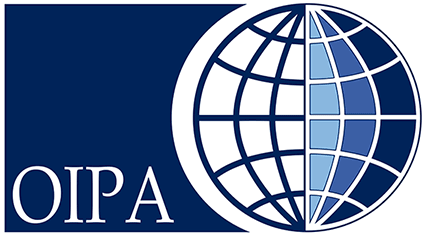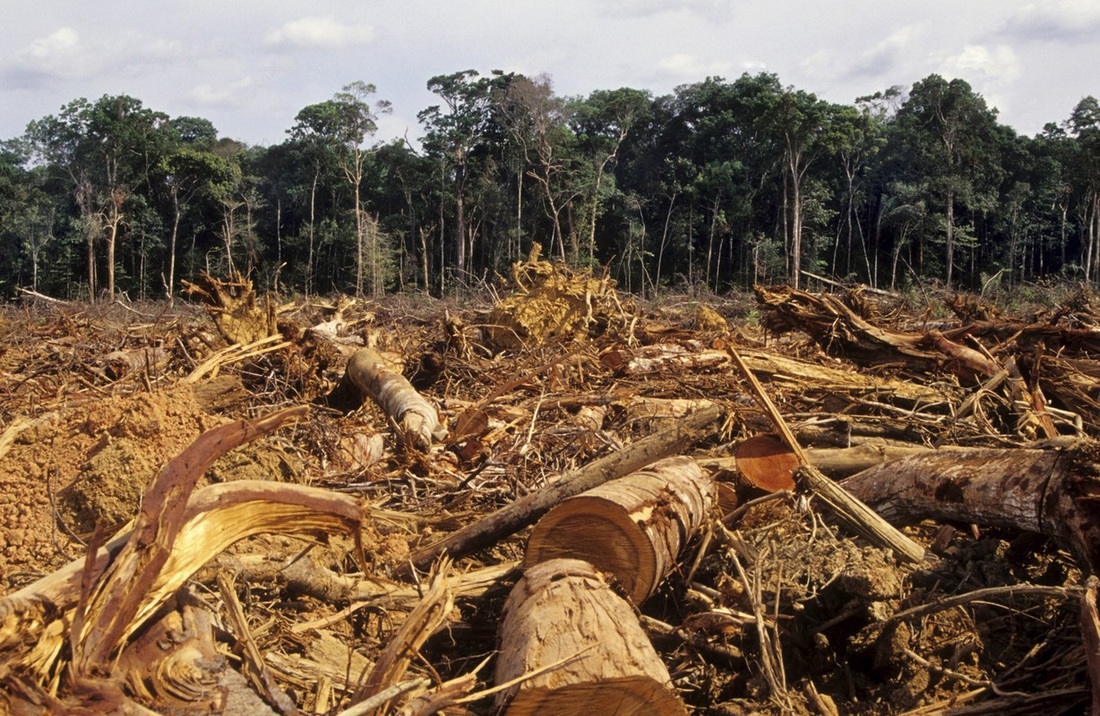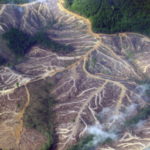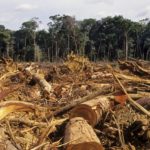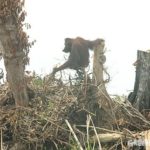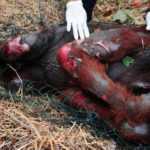Vegetable oil, palm oil, margarine, palm olein, palm stearine, vegetable fats, vegetable glycerine, sorbitan oleate, sorbitan palmitate, glyceryl oleate, Cocoa butter equivalent (CBE), Cocoa butter substitute (CBS)…
These are just few of the over 200 common ways to call the palm oil, more and more with incomprehensible nomenclatures, in order to confuse and to deceive consumers. However, this ingredient is used almost everywhere in a range which goes from food to detergents and cosmetics.
Since 13th December 2014, the European Union has a European Regulation (1169/2011) for food labels, that force companies to give more information, among which every single oil present in the food. In this sense, generic wording, such as “vegetable fats and oils” has been banned, and from that moment on, corporations have been obliged to indicate the presence of palm oil in their products.
The large success of this oil, which is the second most produced edible oil, right after the soy oil, is due to its incredible low cost.
Imported from Sub-Saharan Africa, initially for ornamental purposes, Elaeis guineensis, the plant from which palm oil is extract, has become, over the last five decades, the most cultivated. Palms plantations have reached unthinkable proportion, determining the destruction of a biodiversity-rich ecosystem.
Currently, South-East Asian’s rain forests represent one of the last survival chances for numerous animal species, such as tiger and Sumatra’s rhino, Malaysian tapir, orangutans, Asiatic elephants and countless other endemic volatiles. Unfortunately, it is precisely there that the 90% of cultivations are concentrated. Indonesia and Malaysia are the principal producing countries, exporting palm oil not only towards Western States (UE and USA are among the principals palm oil importer), but even to the new global powers, China and India.
Palm oil monoculture, paper and wood industries and poaching are destroying our second green lung, right after the Amazon forest. Not only animals succumb, but even indigenous populations living in the Borneo forest and Indonesian and Malaysian populations are frequently intoxicated by fires, sets on in order to create spaces to inter more palm plant.
Complaints by animalist and environmentalist associations bring companies to face their responsibilities in these destructive activities. Big corporations as Nestlé and Ferrero starts referring to “sustainable palm oil”. In 2004 it is developed RSPO, acronym for Roundtable on Sustainable Palm Oil, an agricultural organization, whose aim would have to be the promotion of sustainable palm oil, through believable global standards. Obviously, these standards have never been respected, and biodiversity continues to be destroyed.
The case study are orangutans. Pacific, lonely and smart animals, they pass the major part of their life on forests’ trees, from which they obtain food and protection. The cubs remain with their mother until they reach 7 or 8 years, when they will be able to survive on their own.
Without trees there is no life for orangutans: robbed of their home, they are slowly dying of hunger, burned alive in fires, suffocated by its smoke, mutilated and victims of pesticides. Already endangered in the past for the barbaric custom of poachers to murder orangutans mother in order to sell babies as pets, with the increased demand for palm oil, the number of wild populations during the last two decades has been halved.
A sustainable palm oil does not exist, and it will never exist. Anyway, as consumers of a production system we did not choose, it is our responsibility to inform on the products’ origins, trying to avoid the ones with palm oil.
